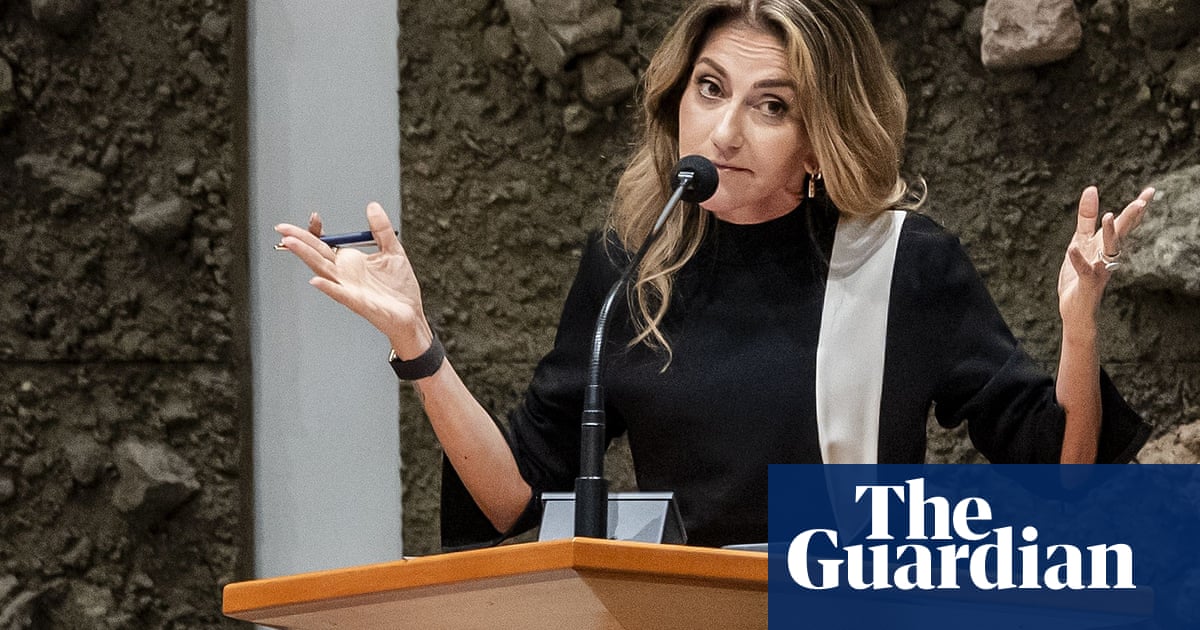The Netherlands’ biggest centre-right party has ruled out forming another coalition government withGeert Wildersas its leader called him “an unbelievably untrustworthy partner” and a “quitter” who “puts his own interests above those of the country”.
In a significant blow to the far-right firebrand’s hopes of returning to power, Dilan Yeşilgözleader of the VVD, said late on Monday that her party would not enter another government with Wilders after elections, due on 29 October.
The anti-Islam politician, wholast week pulled the plugon the country’s four-party coalition in a row over immigration and asylum policy, “takes no responsibility whatsoever”, Yeşilgöztold RTL TV. “He has shown that he simply runs away when things get difficult. That’s tough for voters, and for the country. Geert Wilders is only interested in Geert Wilders,” she said.
In a separateinterview with the Telegraaf newspaper, Yeşilgöz said Wilders was “an unbelievably untrustworthy partner” and that the Netherlands deserved “adult leadership”. She added: “We are not going to work with him again.”
Yeşilgöz announcement means Wilders is unlikely to be able to be part of a new coalition even if his far-right Freedom party (PVV) finishes first in the elections, since every major political formation has now ruled out working with him.
ThePVV’s shock victory in elections in November 2023led, after months of fraught talks, to a coalition with the populist Farmer-Citizen Movement (BBB), centrist New Social Contract (NSC) and liberal-conservative VVD that was sworn in last July.
Wilders said last week he was pulling his party’s ministers out of the pact after the other three partners refused to sign off on his 10-point plan to reduce immigration, which included turning back all asylum seekers and closing refugee hostels.
Polling suggests the PVV has lost support and is now level with the VVD and Green-Labour alliance. Yeşilgöz said her party, which led the Netherlands’s four previous governments, would also not consider a confidence-and-supply deal with Wilders.
“In fact, from day one he was someone who couldn’t do it and didn’t want to do it,” said the VVD leader, whose willingness to work with Wilders before the last election was widely credited with boosting the PVV’s vote. “It all just goes nowhere.”
Yeşilgöz said there was still an “enormous gulf” between the VVD’s policies and those of the Green/Labour alliance (GL/PvdA). Most analysts predict either a VVD-led centre-right coalition or a centre-left arrangement headed by GL/PvdA.
